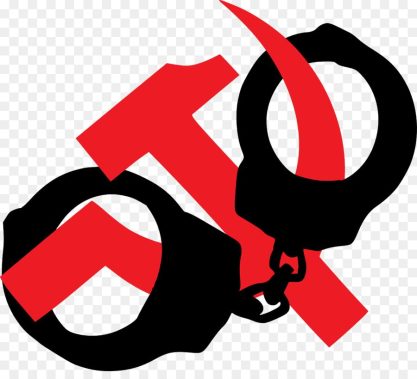Michael Ledeen, FREEDOM BETRAYED, 1996
Chapter Three (pp. 69-70)
[T]he West should have insisted on a proper accounting, if not for the millions of collaborators, certainly for the ruling elites. […] we should have understood the vital importance of making public the historical record of Communist tyranny. […] For a few brief months after the fall of Communism, there was a chance [see “In the Belly of the Beast“, Chapter Two, Judgement in Moscow].
Boris YELTSIN […] instructed the director of the Russian archives, Rudolf Pikhoya, to quickly find a way to preserve and make public the Communist Party archives. After some initial contacts, Pikhoya asked the American Enterprise Institute (AEI) in Washington, D.C., in early 1992 to take the lead in this project. The two scholars sent to by AEI to examine the archives were utterly amazed at what they saw: a huge vault, locked inside an even larger vault, both underground, secure against nuclear attack, and containing the originals (no copies at all) of millions upon millions of documents from the days of Marx and Engels until the final hours of the Party’s existence. […]
Because a project of this magnitude could not possibly be carried out by a small think-tank in Washington, D.C., AEI immediately contacted its counterparts at other scholarly institutions, inviting them to join in. Unfortunately, many of them decided the invitation was an opportunity for institutional aggrandizement, and they opened separate negotiations with the Russians, offering profitable joint ventures for blocks of documents.
Chapter Four (footnote 2, pp. 155-156)
BUKOVSKY, armed with a computer and a scanner thanks to the advice and assistance of Stephen Bryen – one of two people sent by the AEI to Moscow in early 1992 – stumbled onto a treasure trove of three thousand pages of documents. These were summoned by the Russian government in connection with the hearing, before the Constitutional Court, of the old Communist Party’s challenge to Yeltsin’s banning of the party.
Michael A. Ledeen, Freedom Betrayed: How America led a Global Revolution, won the Cold War, and Walked Away, The AEI Press: Washington, D.C., 1996
See also the Status of the Bukovsky Archive
